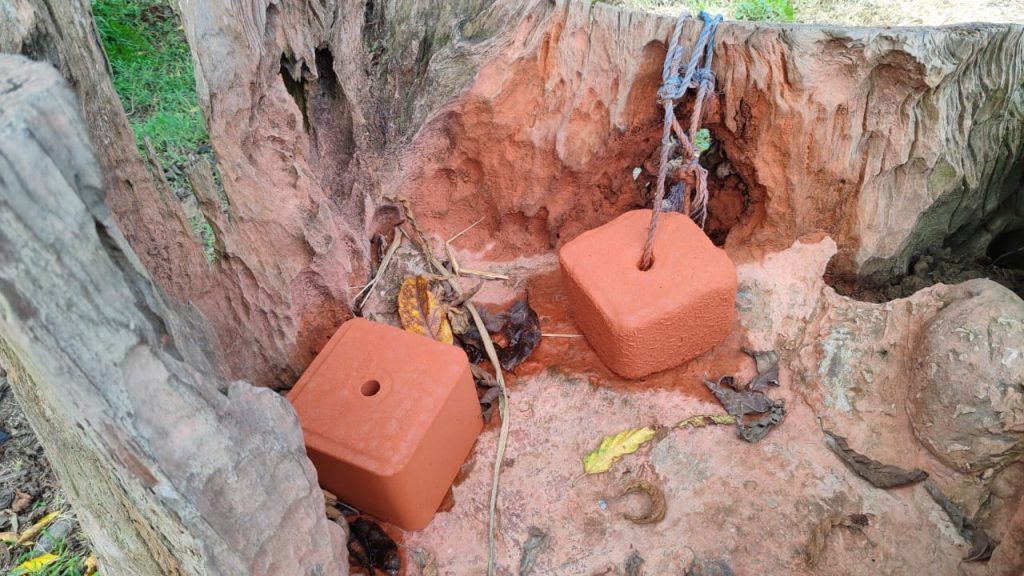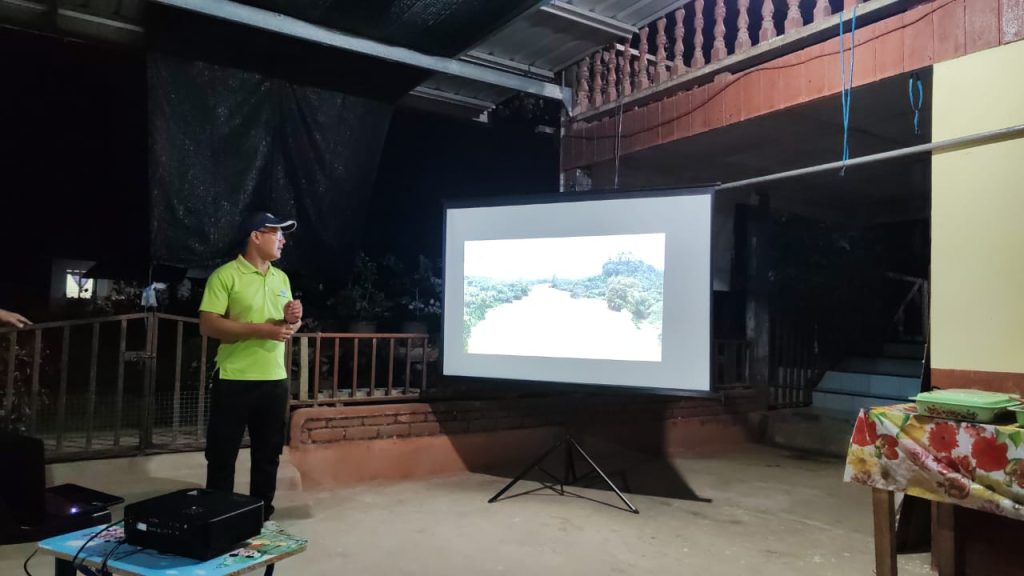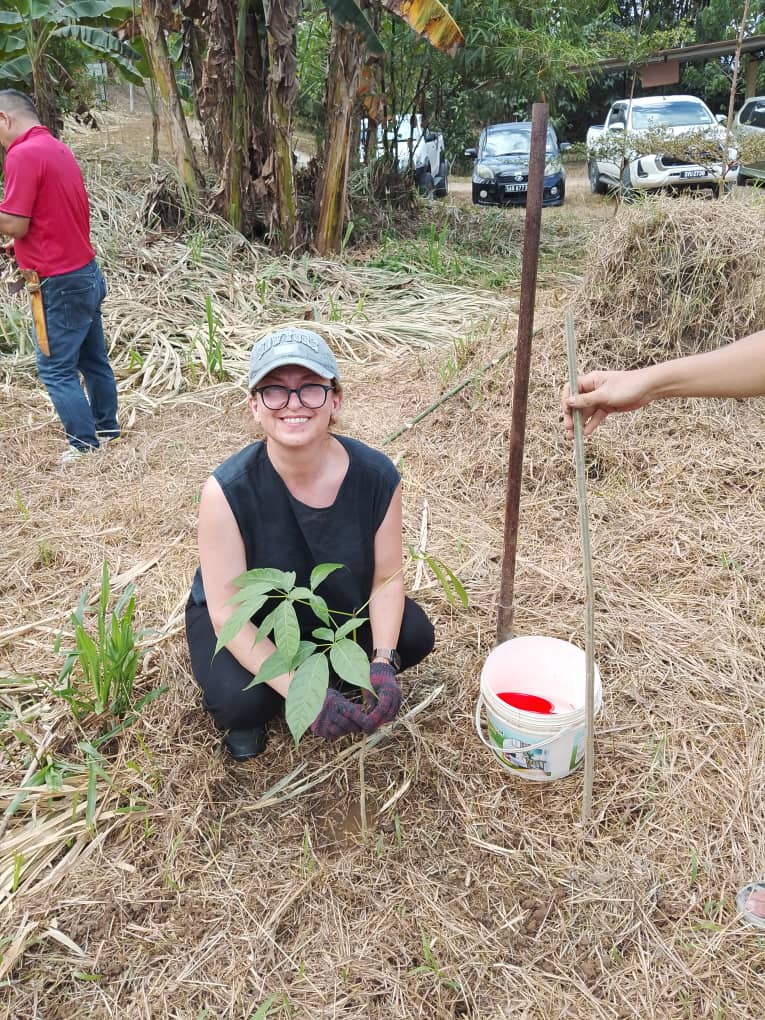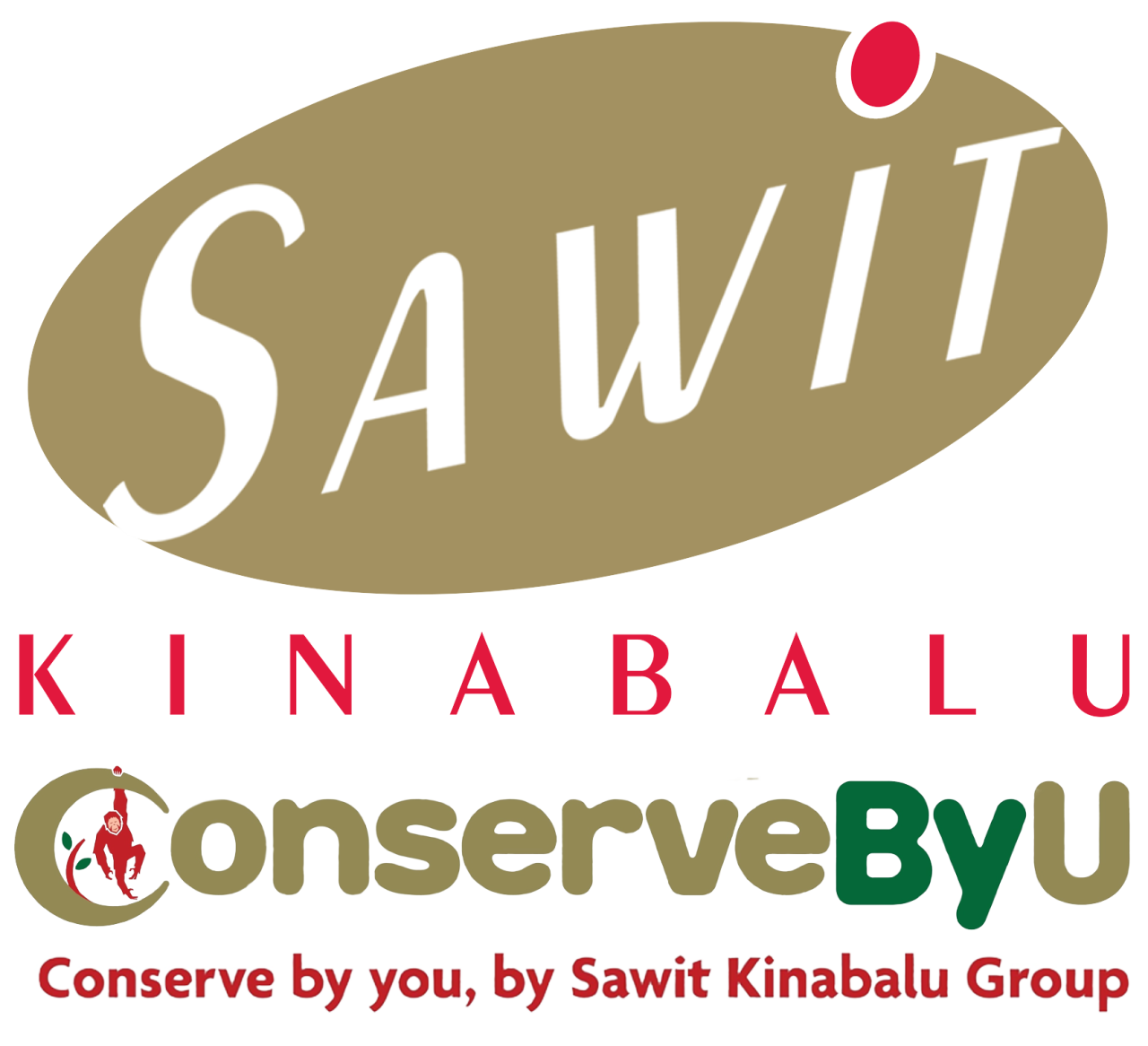A trip to Sabah is a journey into a world of incredible biodiversity and rich cultural heritage. Nonetheless, for a growing number of travellers, the traditional tourist path of sightseeing and relaxation is no longer enough. Instead, they are seeking a more immersive and meaningful experience through ‘voluntourism’. This unique blend of volunteering and tourism offers visitors the chance to contribute to conservation and community development projects while exploring the wonders of this East Malaysian state.
From assisting with orangutan rehabilitation and sea turtle conservation to participating in sustainable agriculture and community-based projects, voluntourism in Sabah presents an opportunity to travel with a purpose. In addition to offering a valuable travel experience, voluntourism also provides an in-depth insight into Sabah’s culture, tradition, community livelihood and unique challenges.
Voluntourism opportunity at the Tabin Wildlife Reserve
Based in the Tabin Wildlife Reserve in Lahad Datu, BORA (Bringing Back Our Rare Animals), a non-governmental organisation, has initiated an elephant grass planting project as a conservation effort to mitigate human-elephant conflict.
The primary objective of BORA’s elephant grass planting project is to create a sustainable and attractive food source for the wild Bornean elephant herds in Tabin. By providing these pastures, BORA aims to lure elephants away from human settlements, farms, and especially oil palm plantations, which they frequently raid for food. This reduces conflict, protects human livelihoods, and ensures the safety of the elephants.
In this initiative, BORA, in collaboration with government bodies and private plantations, identifies and develops pastures on the fringes of wildlife reserves, such as the Tabin Wildlife Reserve.
The project primarily uses Napier grass (also known as elephant grass). This is a fast-growing, highly productive tropical grass that is a known favourite food for large herbivores. It can grow up to two meters in just six weeks after being consumed, making it a highly renewable food source. Its ability to regrow rapidly after being consumed makes it an ideal food source for grazing animals.
In addition to that, the Napier grass is also chosen for its valuable and highly palatable forage, which is rich in nutrients that are essential for the elephants’ diet. Other than that, the grass can also grow on marginal land, is low-maintenance, and doesn’t require pesticides or fertilisers. Adding to its role in conservation, elephant grass can also be used for other purposes, such as soil erosion control, and has potential as a biofuel source, though its primary use in this project is for elephant fodder.
To make the pastures even more appealing and provide essential nutrients, BORA also provides artificial mineral ‘licks’ in the form of mineral blocks. This further entices the elephants to stay in the designated areas.

This project relies on a collaborative approach involving the Sabah Wildlife Department, the Sabah Forestry Department, and local oil palm plantations. It also works on a long-term ‘training’ element, hoping that younger elephants will learn from their mothers to prefer the safe, abundant grass pastures over raiding plantations.
Since the beginning of the elephant grass planting project in August 2021, the project has shown promising results. Elephant herds have been observed grazing on the planted pastures for extended periods, reducing their time spent in oil palm plantations and consequently lowering the risk of human-elephant conflict. This success has led to an expansion of the project to new sites, with support from various foundations and organisations.
Visit BORA’s website at www.bringingbackourrareanimals.org for more information on how you can volunteer.

Voluntourism opportunity with Forever Sabah’s ‘Forever Segama’ programme
The ‘Forever Segama’ programme is a collaborative, multi-stakeholder initiative led by the non-profit organisation, Forever Sabah. This programme focuses on the Segama River basin (Ulu Segama), aiming to achieve a balance between sustainable economic development, biodiversity conservation, and the well-being of local communities.
One of Forever Segama’s key objectives is riparian conservation in Ulu Segama. The primary goal is to restore and conserve the riparian (riverbank) zones along the Segama River. This is crucial for maintaining a healthy river ecosystem, controlling erosion, and providing connectivity for wildlife. The program also works with local communities to develop sustainable livelihoods that are not dependent on practices that harm the river, such as illegal logging or polluting activities.

The Forever Segama programme emphasises a bottom-up, community-led approach. It works with indigenous and local communities to strengthen their capacity to manage and govern their natural resources. This includes building community committees, developing protocols for resource use, and facilitating partnerships with government agencies and private companies.
The Segama River basin is a vital area for many of Sabah’s iconic and threatened species, including Bornean orangutans, pygmy elephants, and proboscis monkeys. Therefore, the programme’s conservation efforts are aimed at protecting and restoring habitats, particularly by creating wildlife corridors and preventing further encroachment of human activities.
In the bigger picture, Forever Segama is part of the larger 25-year Forever Sabah program, which seeks to transition the state’s economy towards a diversified, equitable, and circular model. In the context of the Segama basin, this means promoting sustainable practices in industries like palm oil and fisheries, and exploring new, more environmentally friendly enterprises.
In its entirety, the programme also tackles significant issues affecting the Segama River, such as siltation, pollution from oil palm plantations, and over-fishing. It uses a ‘citizen science’ approach, training community members to collect data on water quality and biodiversity to inform conservation strategies.
In essence, the Forever Segama programme is a holistic initiative that recognises the interconnectedness of people, their livelihoods, and the environment. By fostering collaboration and empowering local communities, it aims to create a more resilient and sustainable future for the Segama River basin and its inhabitants.
You can learn more and contribute to the Forever Segama programme by taking part in its homestay programme with local villagers in Ulu Segama. A homestay programme offers an eye-opening, authentic cultural experience that can seldom be experienced elsewhere. You can also do your part in riparian conservation by planting a tree or two by the Segama riverbanks.
To know more about how you can participate in the Forever Segama homestay programme, visit their website at www.foreversabah.org.
Follow our Facebook page ConserveByU for our latest updates.


